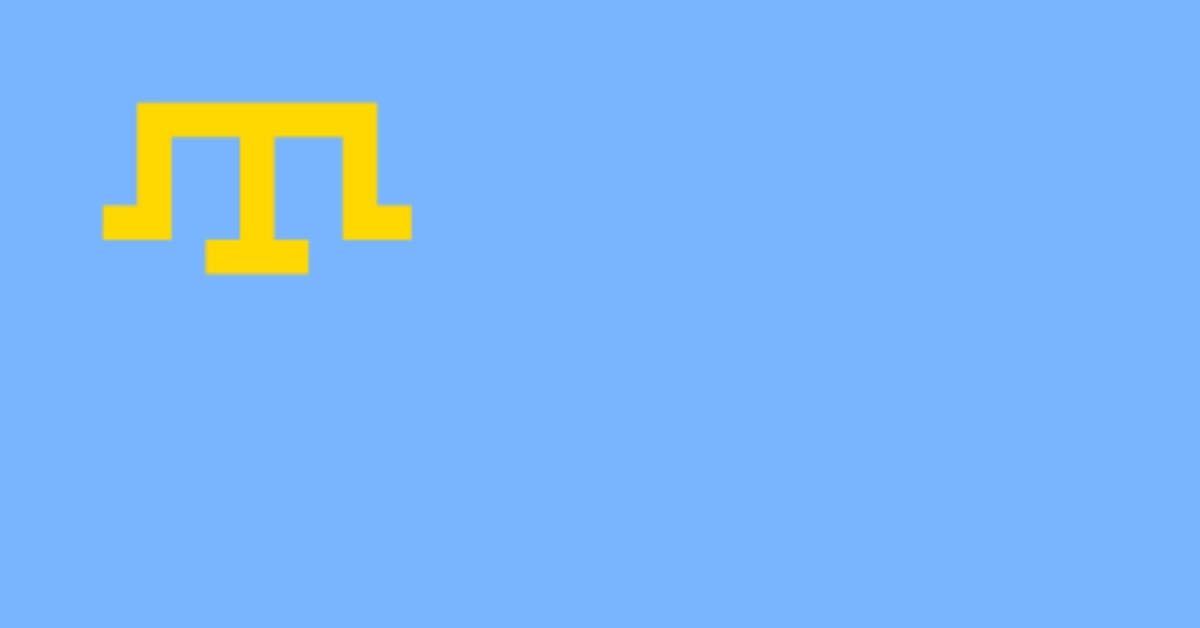The Russian occupation of the Crimean peninsula in 2014 was a critical act of Russian aggression that began Russia’s war against Ukraine. Since then, Russia has seized control of Crimean society, resulting in severe restrictions on the rights and freedoms of local media outlets, journalists, and the people of the region. The conflict escalated in February of 2022 after Russia invaded Ukraine, leading to full-scale war between the two nations that continues to this day. The war is the largest European conflict since World War II.
On Sept. 13, Dr. Gayana Yuksel visited campus and lectured in an Advanced Research Methods class (BCSC 411) about the impact of Russian occupation in Crimea. Yuksel is a journalist, mass-media and communication specialist, Indigenous Crimean Tatar, and a member of the Mejlis, which is the representative body of Crimean Tatars.
Crimean Tatars have been subjected to oppressive regimes and forcible relocations multiple times in their history. In 1944, the Soviet Union forcibly deported thousands of Tatars from their homes. Due to a high amount amount of death and severe treatment of the Tatars, Canada has recognized the deportation of the Crimean Tatars as a genocide.
In her lecture, Yuksel describes the disruption and control of the Crimean media sphere by the aggressor state. “It was a crime of the Russian Federation,” says Yuksel. From February to March of 2014, Crimean media activities were subjected to aggressive seizures and coercion from the aggressor state. In the next year, Crimean media experienced a forced transition into a new Russian framework. Since then, there has been extreme repression against citizen journalists and the local population that continues today. Currently, the media space in Crimea is under full Russian control.
“We worked as journalists and tried to do everything to save our country.”
Dr. Gayana Yuksel, Crimean Tatar mass-media and communication specialist
The suppression of media has resulted in a drastic reduction of media outlets, confiscation of property in editorial offices, bans on broadcasting, violations of journalists’ rights, forced migration of local journalists, and suppression of Crimean Tatar media which includes children’s programming. Yuksel notes that many journalists have been tried in criminal cases and imprisoned under the new Russian laws. “In my native Crimea, I’m an extremist,” she says.
Dr. Yuksel is visibly exasperated when describing the disruptions and injustices happening at home. “We worked as journalists and tried to do everything to save our country,” she says. “We cannot return home.”
“As journalists, we decided to struggle.”
Dr. Gayana Yuksel, Crimean Tatar mass-media and communication specialist
Although the Crimean peninsula is occupied by Russia, much of Ukraine is not. Yuksel continues her work as an academic and journalist at universities in both Kyiv and Turkey. As her own brothers fight in the Armed Forces of Ukraine, Yuksel says she and many of her journalist colleagues continue their fight in the world of education and information. “As journalists, we decided to struggle,” she says.
Photo of Crimean Tatars Flag





0 Comments